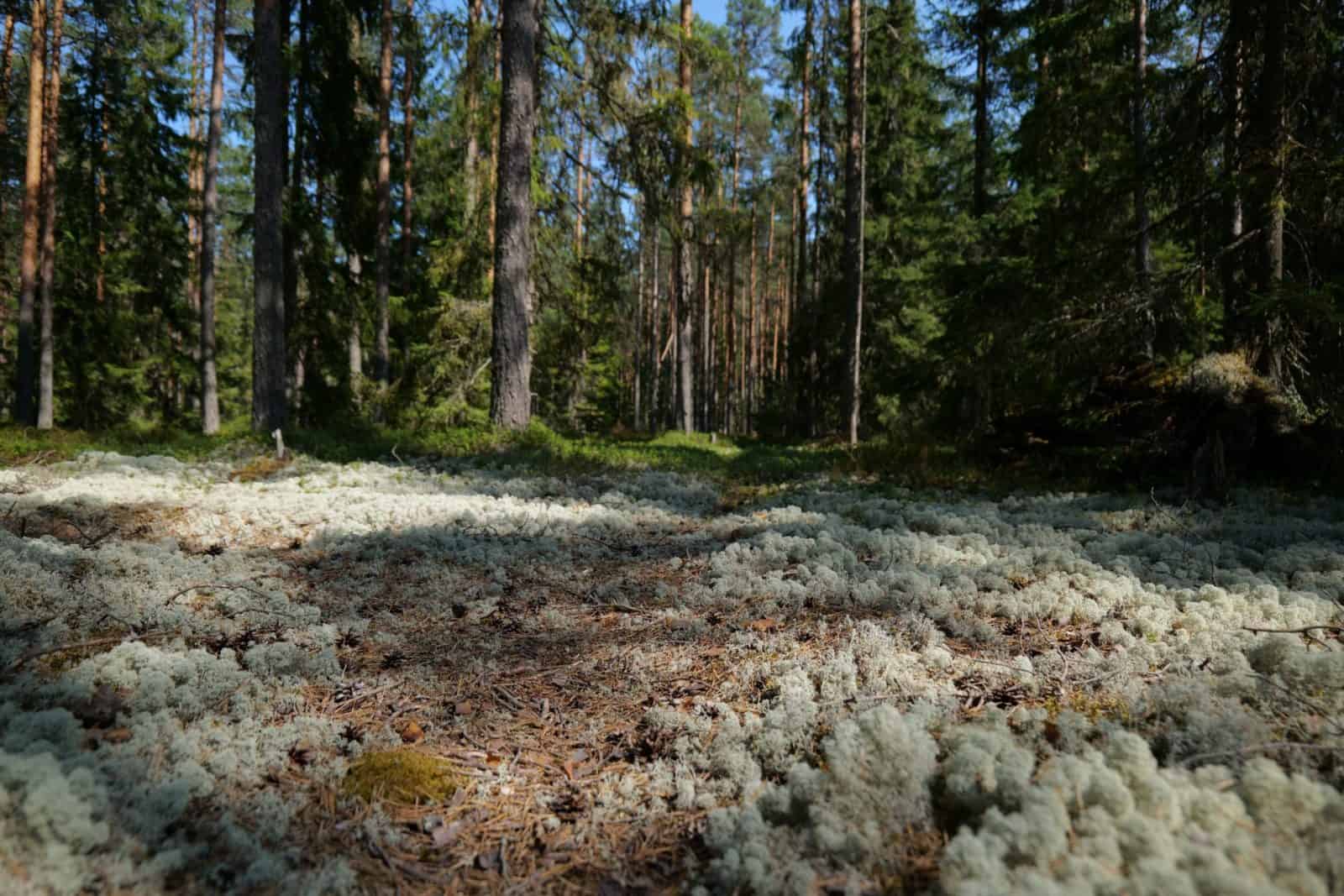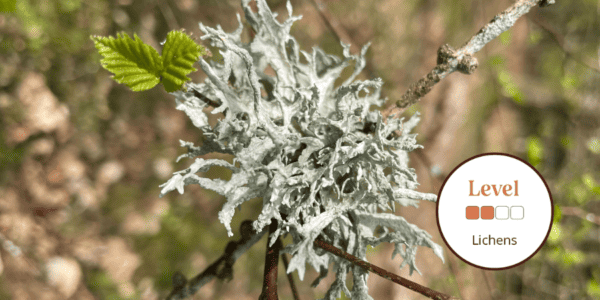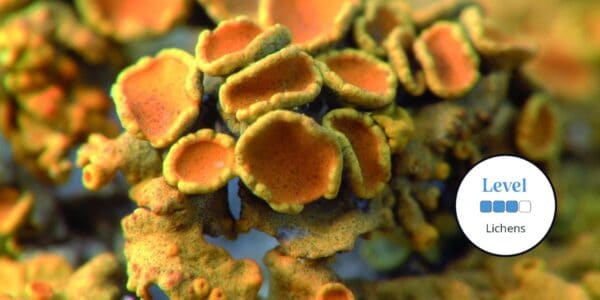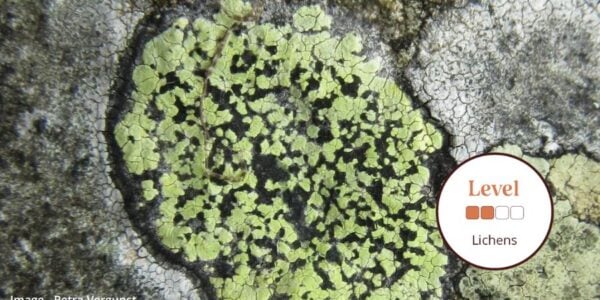This beginner-intermediate course will focus on lichens as they are found in birch and pine woodland.
You will be introduced to some of the characteristic lichen species and their identification characteristics as can be seen with a hand lens in the field, as well as investigate the range of substrata present in these habitats and the specific lichen communities these attract, and aspects of their ecology.
This course will cover:
- Characteristic lichen species of birch and pine woodland
- Identification of lichens
- Lichen substrata and the lichen communities they attract
- The contribution of lichens to the ecology of birch and pine woodland
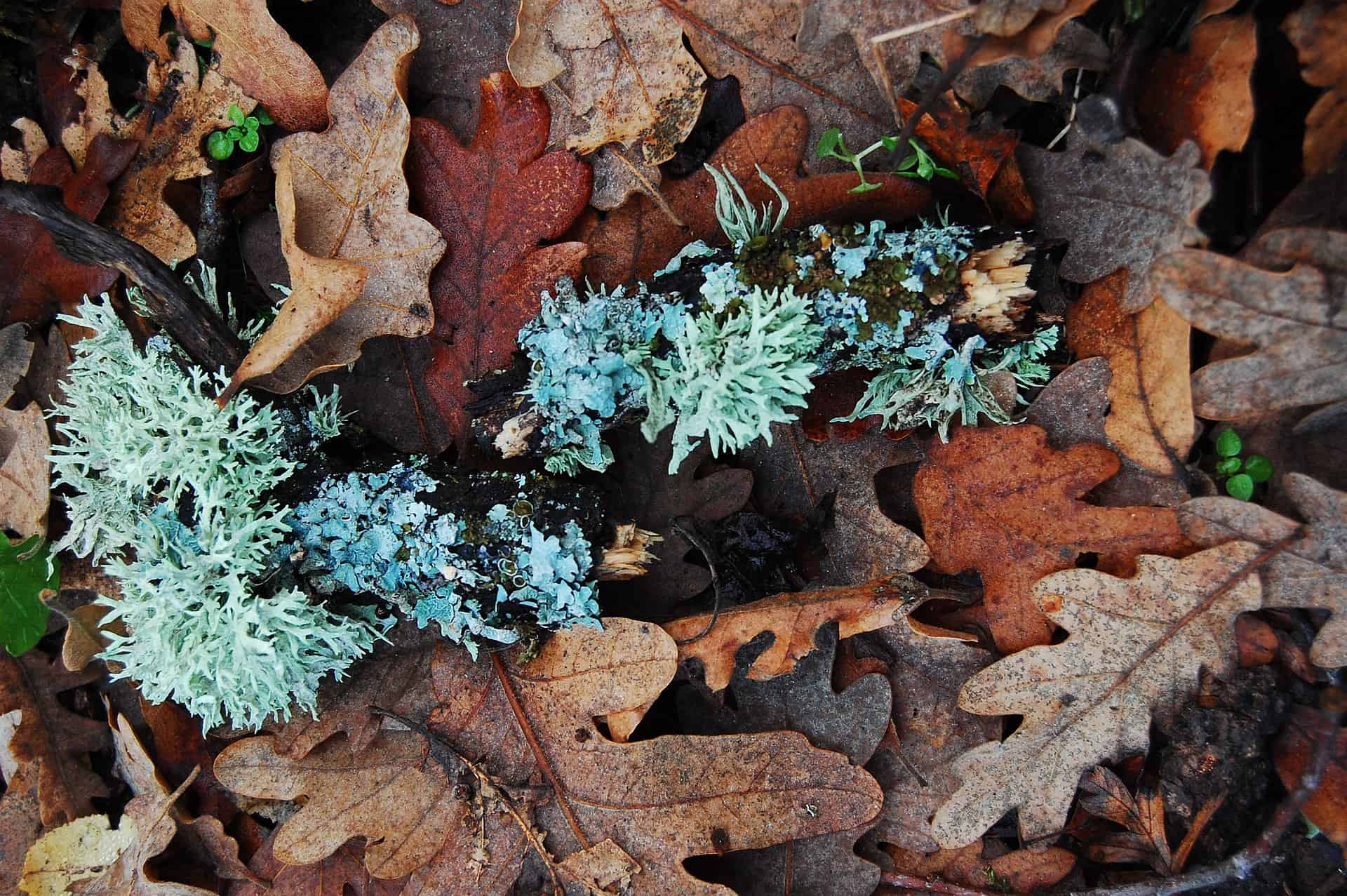
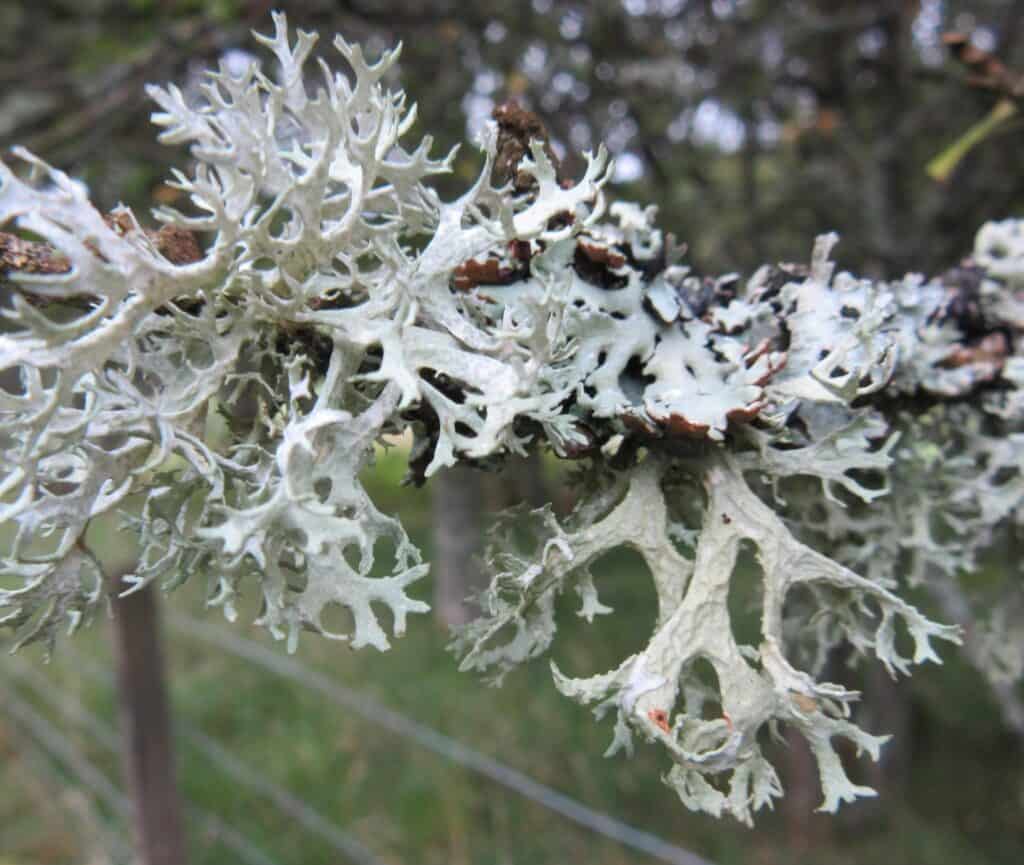
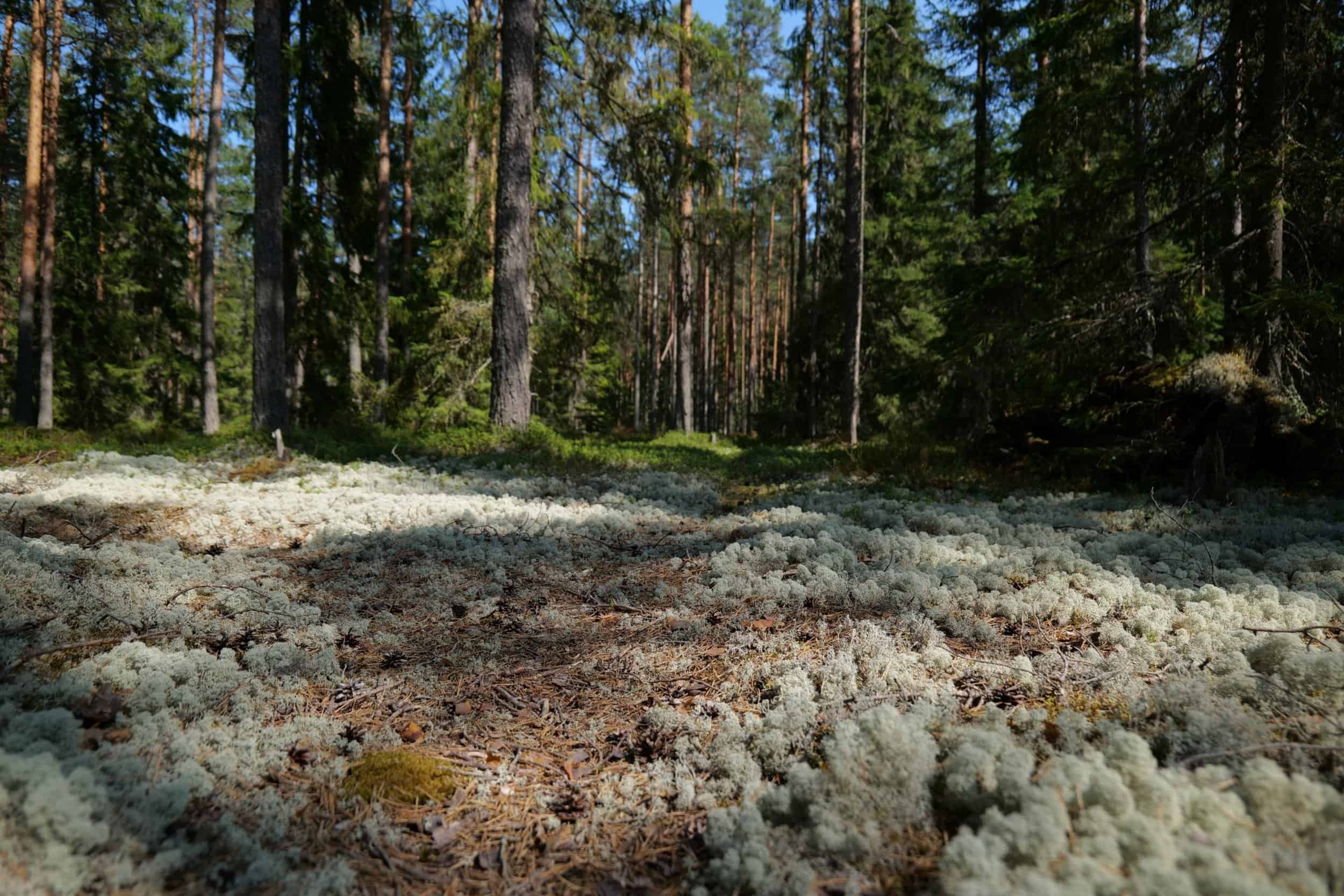
Read More
By the end of this course, you will be able to:
- Identify some of the characteristic lichen species of birch and pine woodland in the field.
- Recognise and name some of the features of lichens that are used for identification in the field.
- Explore the lichen substrata present in birch and pine woodland, and the species to look out for.
- Appreciate the contribution of lichens to the wider ecology of birch and pine woodlands.
- Share this knowledge with friends, family and fellow volunteers.
Who should attend? – Nature enthusiasts, students, rangers, early career ecologists.
Knowledge level – Beginner-Intermediate. Level descriptors can be found on the following web-page: Framework and Course Level Descriptors
Prior knowledge – No specific experience of lichens is expected in order to do this course.
PLEASE NOTE: There is no accommodation, refreshments, or meal facilities provided with this course. Refreshments (tea and coffee) will be available. If we are unable to reach viable numbers for this course, we will inform you of the course cancellation 4-5 weeks prior to the course run. We would recommend when purchasing accommodation and/or travel you should take out your own insurance.
Bookings will close if course capacity is reached.
Please email [email protected] if you have any questions.
About the Tutor
Petra Vergunst
Petra Vergunst is a field ecologist specialised in lichens and bryophytes. To engage people with these species groups and help with identification, she runs the website ‘Scottish Lichens’ and facilitates the similarly-named Facebook group. Petra is passionate about biological recording as a means to monitor the quality of the environment and has done extensive surveys of woodland and forest, the heritage landscape and coastline of NE Scotland. An ecologist by training, she is interested in how land management, nutrient-enrichment and other forms of disturbance influence the presence (and absence), lifecycle and ecology of lichens and bryophytes.
Example Timetable
Example Timetable
Please arrive in time for the course to start promptly at 10:00am.
There will be a one-hour lunch break during the day. Lunch is not included so please bring your own food. Refreshments (tea and coffee) will be provided.
The course will finish at 17:00pm.
Please note - you will need to be able to walk up to 1/2 hour to an hour from the course venue.
What's Included
The course has been carefully created by expert tutors and educators to help you build your knowledge and apply it within the field surrounded by like-minded individuals.
The course includes:
- Classroom learning covering the theory of the species
- Field excursions to apply new knowledge
- Expert tuition for which the Field Studies Council is renowned
- Clear objectives and progression
- Refreshments (tea and coffee)
You can rest assured that the absolute best content from an expert in environmental education will be provided. In choosing a Field Studies Council course, you will be joining thousands of people who learn with us each year.
Bursaries and Subsidies
Student Discount
This course is eligible for a student discount. If you are a current student, please use discount code BioStudent20 at checkout for 20% off all Biodiversity courses.
Natural History Bursaries
There are a number of natural history bursaries available to help with the cost of your course. To find out if you and your chosen course are eligible, read more here.
Before You Attend
What to Bring
- Notebook and pencil
- Lunch and refreshments
- x10 handlens (mandatory)
- Sensible footwear and clothing for being outdoors
- Small bag to carry personal items
Recommended Literature
- Field Studies Council Lichens on twigs guide
- Field Studies Council Lichens of heaths and moors guide
There will be a member of staff with first aid training and access to a first aid kit on site. If you have special medical or access requirements, please let us know as soon as possible so we can plan the course.
Opportunities to attend this course
-
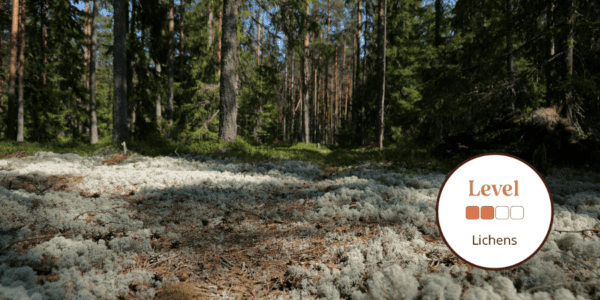
Sat 17, August 2024 10:00 - Sun 18, August 2024 17:00
More information on Bennachie Visitor Centre and car parking can be found here. The Centre is unable to offer accommodation with this course, please book local accommodation if you require overnight stays and ensure you take out the appropriate insurance.
No current dates for this course? Click here to view all the upcoming Natural History courses.
Progress Your Learning
This is a training course from the Field Studies Council, delivered by expert tutors with an approachable learning style. After attending this course, you may like to progress your learning with further relevant courses or branch out into other areas of natural history. The Field Studies Council offers both online and in-person courses, so you can choose the learning style that suits you best.
The course gives you the opportunity to immerse yourself in a new subject and acquire novel skills. Our online portal gives you time to study at your own pace and fit the lessons around your own schedule.
If you have any questions about our courses please check our Frequently Asked Questions or email [email protected].
Group Bookings Made Easy
If you have a group of 10 or more individuals wanting to complete one of our courses, our team are available to discuss your options – from discounts to private team courses. Find out more!
You can rest assured that the absolute best content from an expert in environmental education will be at your fingertips. In choosing a Field Studies Council course, you will be joining thousands of people who learn with us each year.

